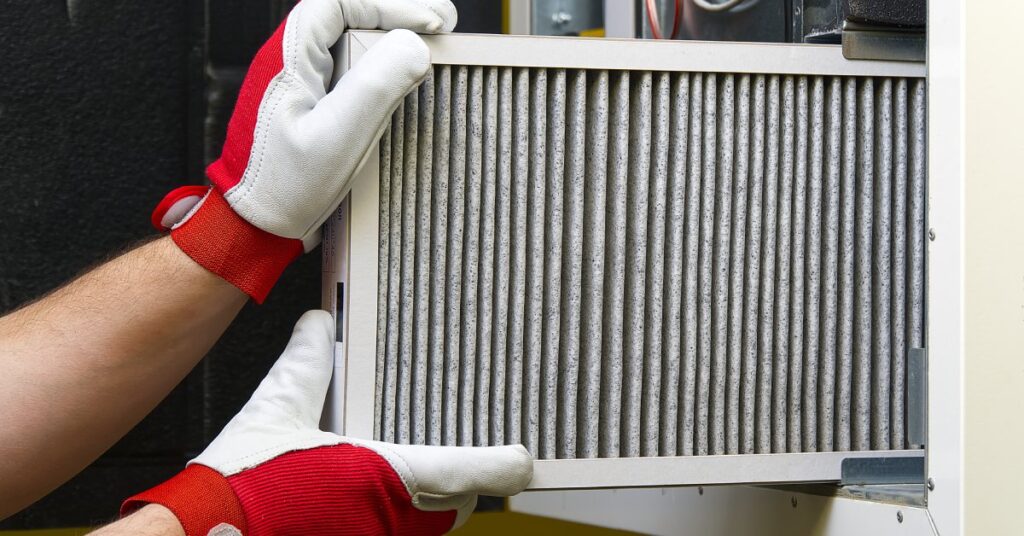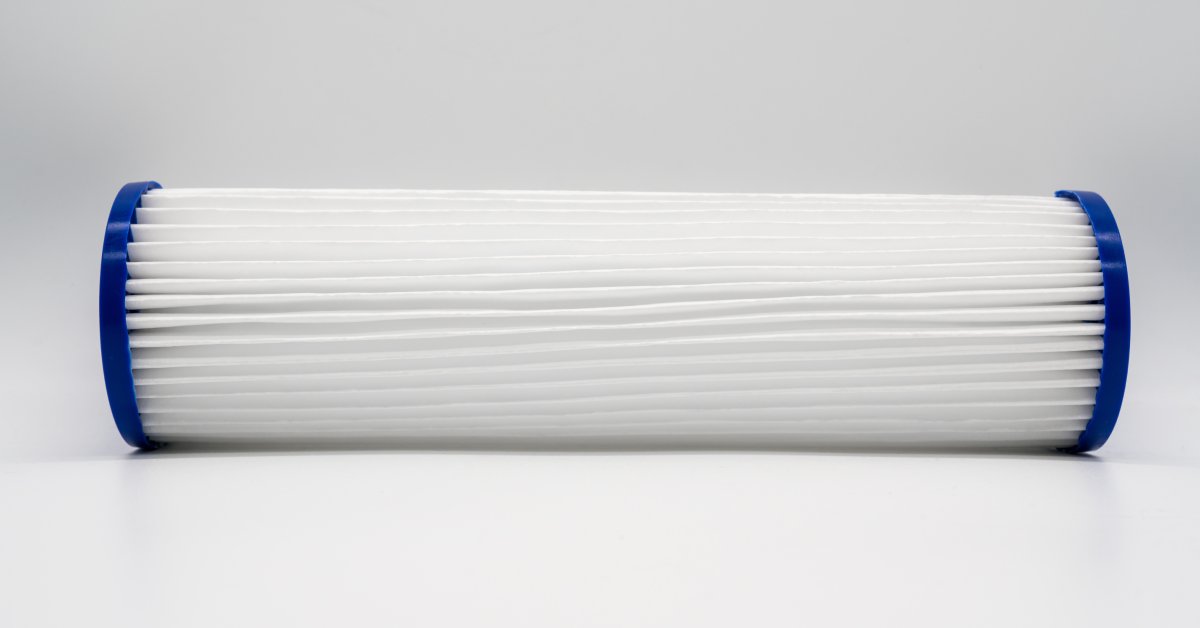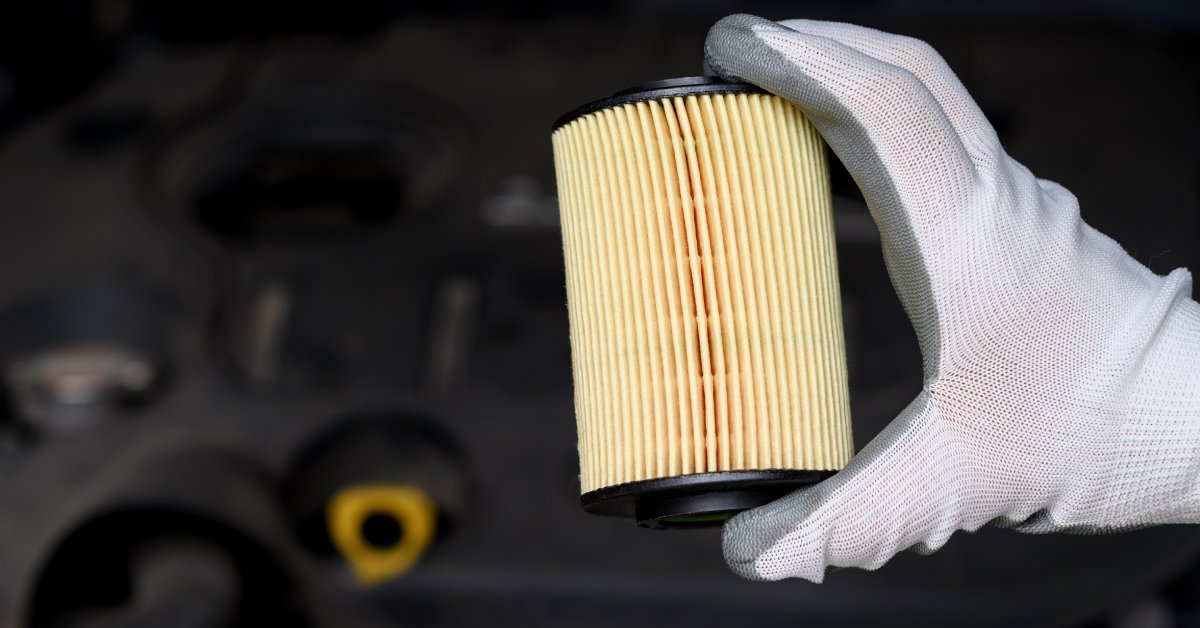Industrial facilities depend on effective filtration systems to maintain operational efficiency, protect equipment, and ensure regulatory compliance. The wrong filter choice can lead to costly downtime, compromised product quality, and expensive equipment repairs.
With numerous filter options available for different applications, choosing the right filter type for your industrial facility requires careful consideration of specific needs and operating conditions. This comprehensive guide explores the essential aspects of filter selection, from understanding different filter categories to evaluating critical performance factors and establishing proper maintenance protocols.
Understanding Different Types of Filters
Air Filters
Air filtration systems protect both equipment and personnel from airborne contaminants that can compromise system performance. HEPA filters excel at removing particles as small as 0.3 microns with 99.97 percent efficiency, making them ideal for applications requiring ultra-clean environments. These filters typically serve pharmaceutical manufacturing, electronics production, and food processing facilities where contamination control is critical.
Pleated filters offer a balance between efficiency and cost-effectiveness for general industrial applications. Their expanded surface area captures more particles while maintaining reasonable pressure drops across the system. Pre-filters work in conjunction with high-efficiency units to extend primary filter life by removing larger particles before they reach more expensive downstream filtration stages.
Liquid Filters
Liquid filtration systems protect hydraulic equipment, cooling systems, and process fluids from contamination that can cause premature wear or product quality issues. Cartridge filters provide versatile solutions for removing particles from various liquid streams, with options ranging from coarse filtration to fine polishing applications. Their replaceable design simplifies maintenance while allowing for customization based on specific contamination challenges.
High-volume liquid processing applications use bag filters to efficiently remove large quantities of debris. These systems work particularly well in applications involving paint booth water, coolant filtration, and industrial wastewater treatment. Their simple design and low maintenance requirements make them attractive options for facilities seeking reliable, cost-effective liquid filtration solutions.
Oil Filters
Oil filtration systems maintain the cleanliness levels necessary for optimal hydraulic and lubrication system performance. Spin-on filters provide convenient maintenance for smaller systems, allowing for quick replacement without system downtime or extensive cleanup procedures. Their sealed design prevents contamination during service intervals while providing reliable filtration for standard industrial applications.
Return line filters capture wear particles and contamination before they circulate back through hydraulic systems. These filters typically operate at lower pressures than pressure line units, allowing for finer filtration without excessive pressure drops. Suction strainers protect pumps from large debris while allowing adequate flow rates during system startup and normal operation.
Factors To Consider When Choosing a Filter
Type of Contaminant
Identifying the specific contaminants present in your system guides filter selection more than any other single factor. Particle size distribution determines the filtration efficiency required, while contamination concentration affects filter capacity and replacement frequency. Solid particles require different removal strategies than liquid droplets or chemical vapors demand.
Understanding contamination sources helps predict how filter loading will occur over time. Process-generated particles behave differently than environmental dust or wear debris from mechanical components. Chemical compatibility between filter media and contaminants ensures reliable performance without premature filter degradation or bypass conditions that compromise system protection.
Flow Rate
System flow requirements directly impact filter sizing and housing selection. Higher flow rates typically require larger filter elements or multiple parallel filters to maintain acceptable pressure drops. Undersized filters restrict flow and create excessive pressure differentials that can lead to filter collapse or bypass.
Variable flow conditions present additional challenges that proper system design must address. Peak flow demands may require oversized filters to prevent pressure spikes, while low flow periods might not provide adequate cleaning action across filter surfaces. Balancing these competing requirements often requires careful analysis of actual operating conditions rather than simply using nameplate specifications to determine filter choice.
Operating Temperature
Temperature extremes affect filter media performance and service life in ways that aren’t always obvious during initial selection. High temperatures can cause synthetic media to lose structural integrity, while low temperatures may make some materials brittle and prone to cracking. Operating temperature also influences viscosity, which affects how particles behave within the filtration system.
Thermal cycling creates expansion and contraction stresses that can compromise filter seals and mounting systems. Selecting filters rated for temperature extremes beyond normal operating ranges provides safety margins for unexpected conditions. Filter housing materials must also withstand temperature variations without developing leaks or structural problems that could lead to contamination bypass.
Maintenance and Replacement
Regular Inspections
Establishing consistent inspection protocols ensures filters perform optimally throughout their service life. Visual inspections reveal obvious problems like housing damage or seal failures, while pressure differential monitoring indicates when filters approach their holding capacity. Systematic inspection schedules prevent unexpected failures that could compromise system operation or product quality.
Documentation of inspection findings creates valuable historical data for optimizing replacement intervals and identifying recurring problems. Trending pressure drop measurements over time reveals how contamination loading affects system performance. This information enables predictive maintenance strategies that reduce both filter costs and system downtime.
Filter Lifespan
Filter replacement intervals depend on multiple factors, including contamination levels, operating conditions, and acceptable pressure drop limits. Manufacturers provide general guidelines, but actual service life varies significantly based on specific application conditions. Monitoring differential pressure provides the most reliable indicator of when filter replacement becomes necessary.
Extending filter life beyond recommended limits may seem economical but can result in higher overall costs due to potential system damage or reduced efficiency. Conversely, replacing filters too frequently wastes money without providing additional protection benefits. Finding the optimal replacement interval requires balancing filter costs against the risks associated with filter bypass or failure.
Proper Disposal
Environmental regulations govern the disposal of used filters, particularly those containing hazardous materials or operating in regulated industries. Used filters may contain concentrated contaminants that require special handling procedures to prevent environmental releases. Understanding applicable disposal requirements prevents regulatory violations and associated penalties.
Implementing proper disposal procedures protects both workers and the environment while ensuring regulatory compliance. Some filters qualify for recycling programs that recover valuable materials while reducing disposal costs. Working with qualified waste management contractors means used filters receive appropriate treatment based on their contamination levels and material composition.
Maintaining Optimal Performance With the Right Filter
Choosing the right filter type for your industrial facility requires careful evaluation of operating conditions, contamination challenges, and performance objectives. The most expensive filter isn’t necessarily the best choice if it doesn’t match your specific application requirements. Similarly, the cheapest option may prove costly if it fails to provide adequate protection or requires frequent replacement.
Successful filtration programs balance initial costs with long-term operational expenses while meeting performance objectives. Regular system monitoring and maintenance ensure filters continue providing expected protection throughout their service life. Working with experienced filtration professionals helps you navigate the complex selection process and avoid costly mistakes.
Clean Air Filters specializes in industrial air filter sales, providing the expertise and product selection necessary to maintain optimal air quality and equipment efficiency in demanding industrial environments. Our focus on industrial applications means you will receive filters specifically designed to handle the unique challenges your facility faces while delivering the performance and reliability your operations demand. Browse our products to find the right option for your needs.



